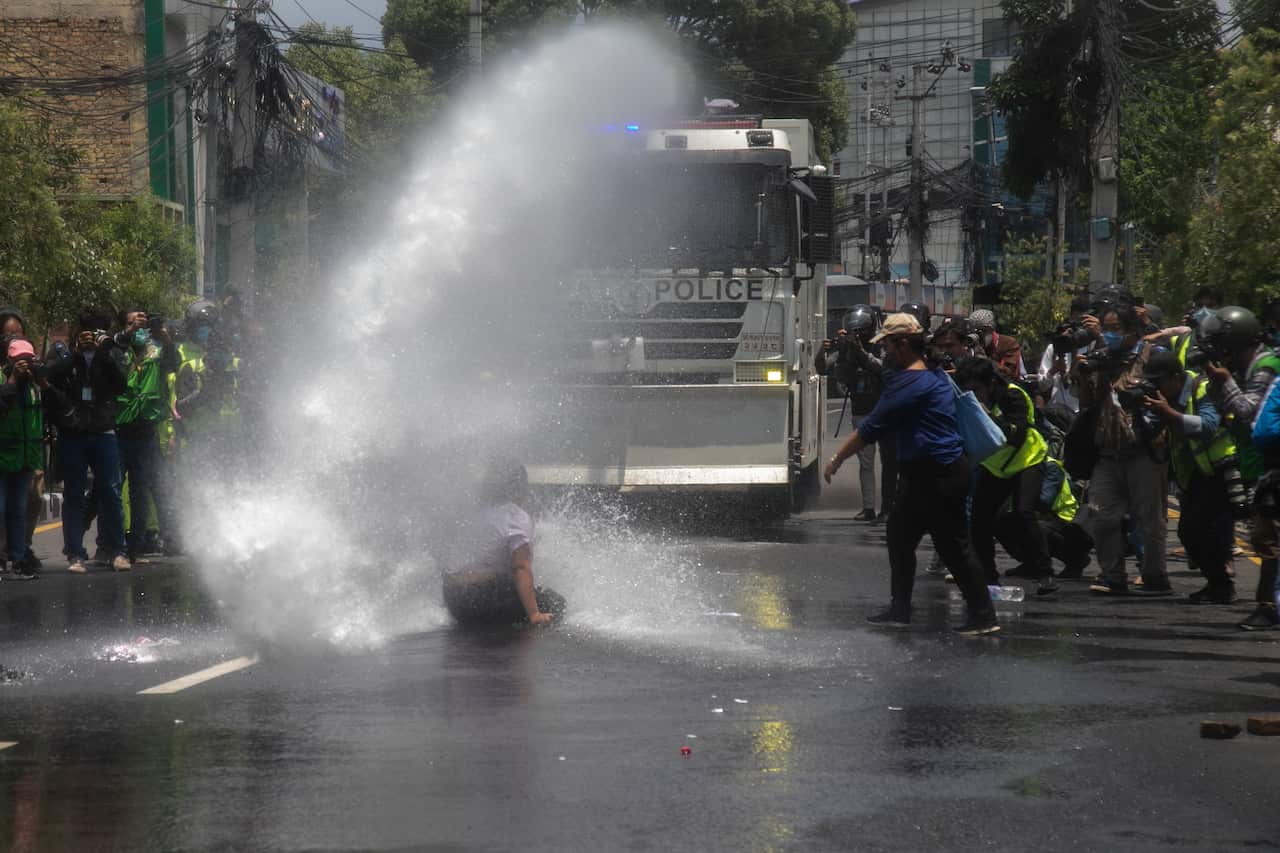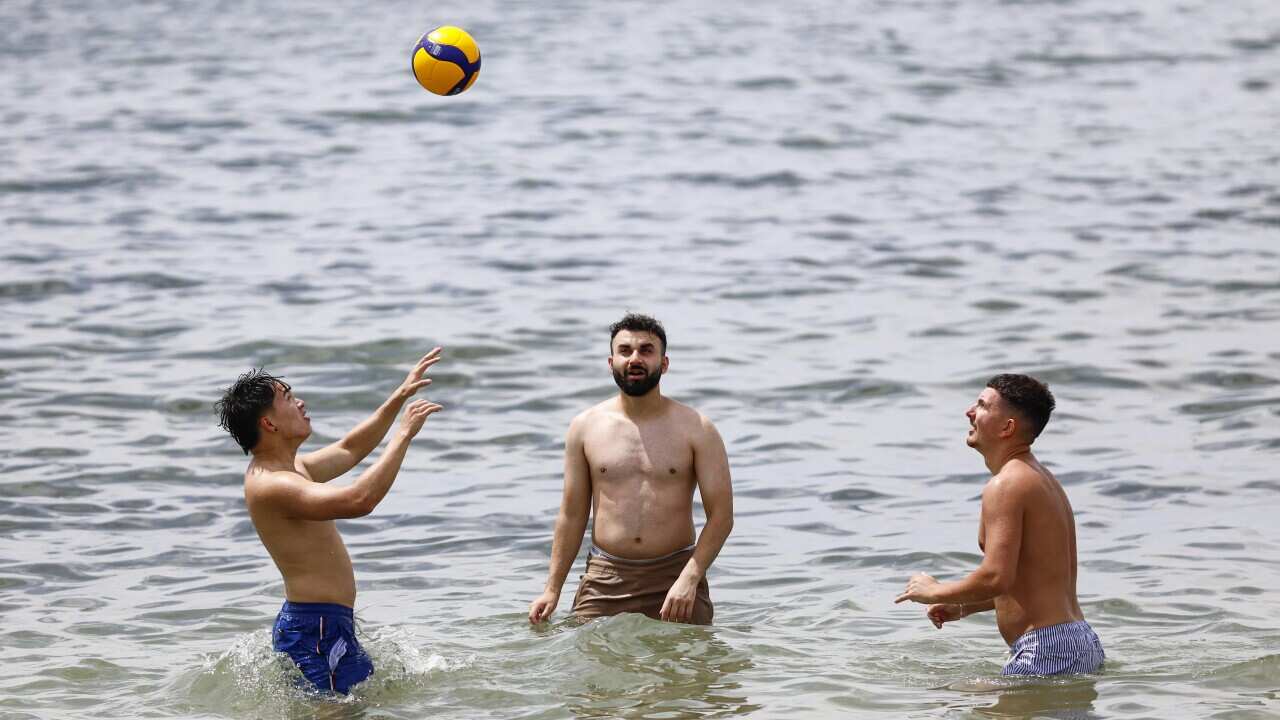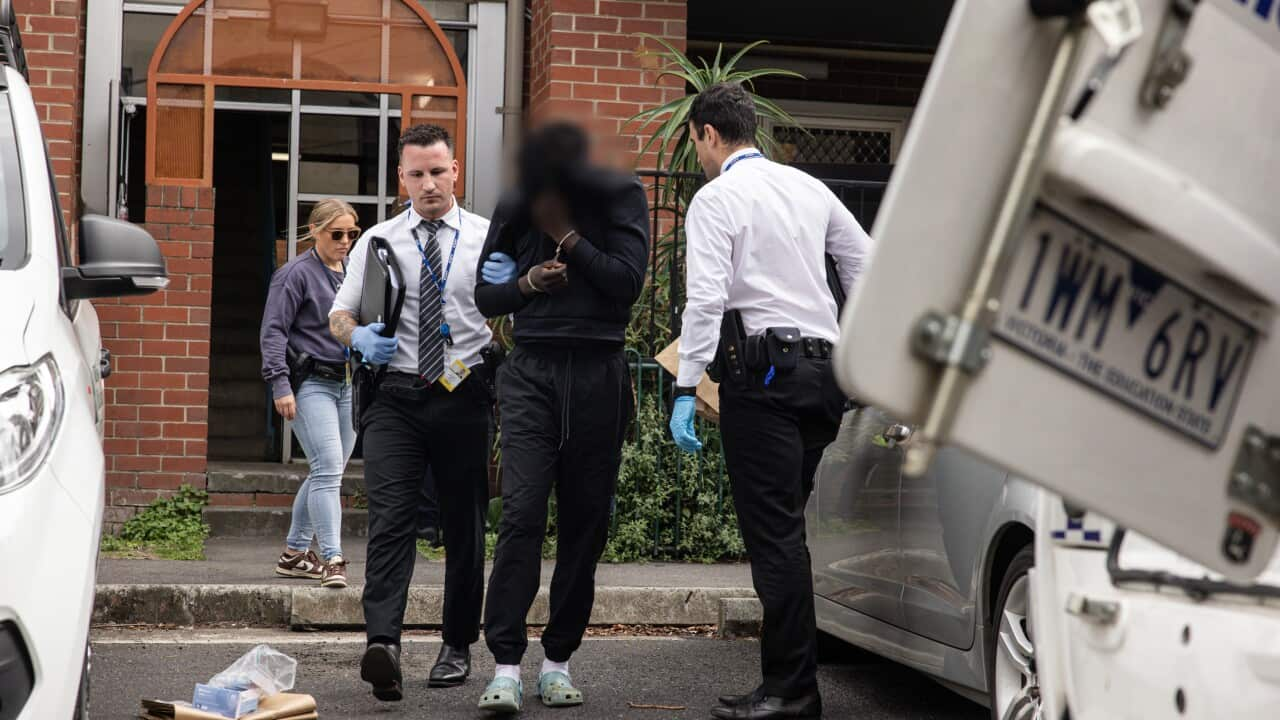Key Points
- Kalani Gacon denies allegations against him
- Gacon was sent back to Australia with two years ban, stopping him from re-entering Nepal
- The Australian says despite what happened, he has no bitterness towards the Nepali officials’ decision.
When Kalani Gacon was detained by Nepal Police from the streets of Kathmandu in June 2020, he says the officers told him it was for his safety.
“Police initially told us that they were taking us for some time to protect us”, Mr Gacon told SBS Nepali.
However, the detention at a local police station lasted three days, and the 24-year-old from Sydney’s Blue Mountains was eventually released after posting 130 AUD bail.
Mr Gacon was amongst seven foreign nationals arrested by the police during an anti-government protest taking on the Nepali government for “not doing enough” to control the spread of COVID-19.
The others arrested include . They were accused of participating in the protests and interfering in the internal matters of Nepal, a claim Mr Gacon denies. Being a filmmaker, he says he was recording the events unfolding in front of him in the heart of the capital.
They were accused of participating in the protests and interfering in the internal matters of Nepal, a claim Mr Gacon denies. Being a filmmaker, he says he was recording the events unfolding in front of him in the heart of the capital.

Nepal Police use water cannons at an anti-government protest rally Source: Sipa USA Prabin Ranabhat / SOPA Images/Si
“I was filming and taking photos of the protests to understand how the pandemic was transforming the Nepali society for my video project”, he says.
Mr Gacon and other detained foreign nationals were eventually deported by Nepali authorities, banning them from returning to the country for the next two years. It was devastating news for him.
It was devastating news for him.

Gacon speaking at a program Source: Supplied
“My dreams, my work, my friends, everything is in Nepal. I felt like crying”, he adds.
But he accepts the Nepali government’s decision and says it gave him an opportunity to spend some time with his family in Australia and to gain new skills and experiences.
Kalani Gacon’s work

Gacon with members of his crew during a shoot in Nepal Source: Supplied
His short visit to film and volunteer, turned into a five-year stay, and he can now speak the Nepali language fluently.
“I never thought I would live there. But then, with my work in the country and the depth with which I got to know Nepal, I couldn’t leave”, Mr Gacon says.
He says he fell in love with the local community, “their culture and their love for humanity” and didn’t realise how quickly the years had passed. During his stay in Nepal, Gacon also built a small cottage in the ethnic Tamang village of Nuwakot, a district in the north-west of Kathmandu.
During his stay in Nepal, Gacon also built a small cottage in the ethnic Tamang village of Nuwakot, a district in the north-west of Kathmandu.

Gaconwith local family celebrating "Bhai Tika" during the Tihar festival in Nepal Source: Supplied
“When I was young, I had never imagined that I would one day live in Nepal," he says.
Mr Gacon says his filmmaking interest started from the age of nine and he has since travelled to various countries following his passion.
His first Nepali film production was about the 2015 earthquake, titled Bhukampa: A Story of Nepal’s Great Earthquake, highlighting the locals’ plight.
Mr Gacon’s second film project titled Journey to the Centre of the Heart, was about the stories of young Nepalis who fly overseas in high numbers to earn a living and uplift their family fortunes.
At the time of his arrest, he was filming the lives of daily wage earners impacted by the COVID-19 lockdown in the country.
But all that came to an end abruptly after he was accused of participating in the protest. Mr Gacon claims he was planning his next documentary on how poor people survive during a global pandemic, just before he was arrested.
Mr Gacon claims he was planning his next documentary on how poor people survive during a global pandemic, just before he was arrested.

On location: Gacon and his crew during filming in Nepal Source: Supplied
But he has come to terms with his exile and has no bitterness towards the Nepali officials’ decision.
He says Australia has everything in terms of quality of life, wealth and facilities, but Nepal wins on humanity, social life and a sense of belonging.
“Australia has a lot to learn and develop in terms of humanity," he says wistfully.




